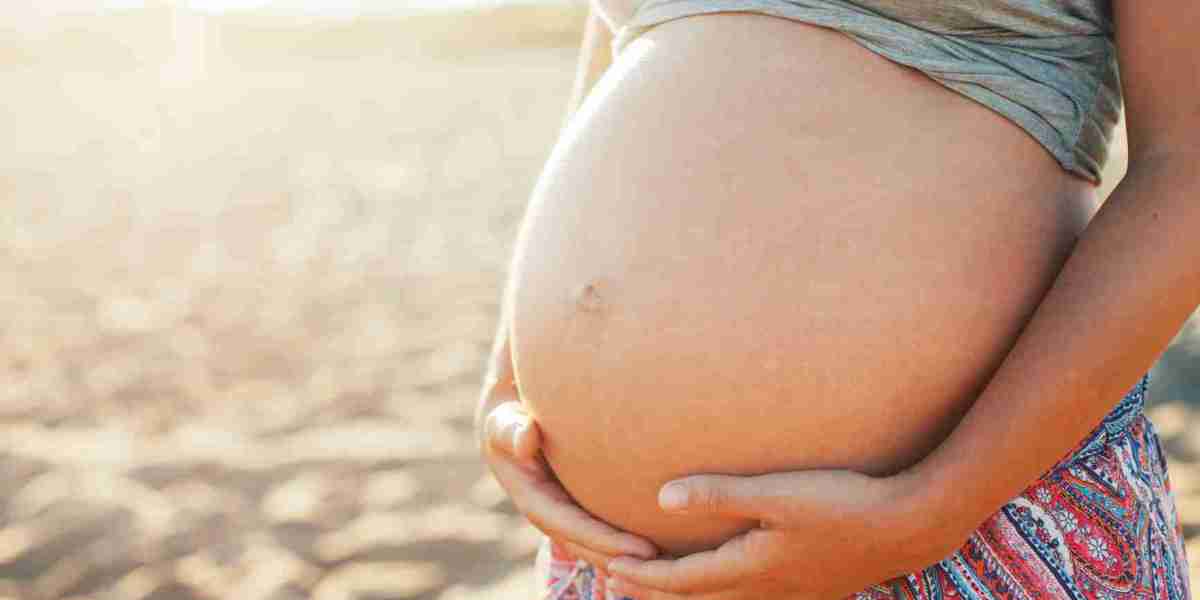Bringing a new life into the world is an extraordinary journey, but it also brings immense physical, emotional, and psychological changes. While much of the focus post-birth is placed on the baby, it’s equally important to prioritize the health and recovery of the mother. A postpartum dietitian plays a key role in ensuring new mothers receive the proper nutrition, support, and education they need to recover, heal, and thrive during this critical stage.
What Is a Postpartum Dietitian?
A postpartum dietitian is a registered dietitian (RD) or registered dietitian nutritionist (RDN) who specializes in maternal nutrition, particularly during the period following childbirth—often referred to as the “fourth trimester.” This professional provides evidence-based guidance to help mothers restore depleted nutrient stores, support lactation, manage weight, balance hormones, and address any specific medical conditions or recovery challenges.
Unlike generic diet plans or internet advice, a postpartum dietitian provides personalized support tailored to a mother’s unique body, lifestyle, and goals.
Why Postpartum Nutrition Matters
Pregnancy and childbirth place a tremendous demand on a woman’s body. The nutritional focus during pregnancy often overshadows the equally important need for nutrients after delivery. Postpartum nutrition is essential for:
- Tissue healing after labor and delivery
- Replenishing iron lost during childbirth
- Supporting energy levels amid sleep deprivation
- Stabilizing mood and reducing the risk of postpartum depression
- Promoting breast milk production for nursing mothers
- Balancing hormones to regulate menstrual cycles and emotional health
Poor postpartum nutrition can delay recovery, weaken the immune system, and negatively impact mental and emotional well-being.
Key Areas a Postpartum Dietitian Supports
1. Rebuilding Nutrient Stores
Pregnancy often depletes important nutrients like iron, calcium, folate, and vitamin D. A postpartum dietitian will assess a mother’s nutritional status and create a plan to rebuild those stores, focusing on whole, nutrient-dense foods like leafy greens, lean proteins, whole grains, nuts, seeds, and fatty fish.
2. Supporting Lactation
Breastfeeding mothers require additional calories and fluids to produce quality milk. Dietitians can recommend lactation-supportive foods, hydration strategies, and supplementation when necessary to ensure both mother and baby are well-nourished.
3. Weight Management and Body Image
Weight loss pressures can be overwhelming in the postpartum period. A dietitian helps mothers set realistic and healthy weight goals, emphasizing nourishment and self-compassion over crash dieting. They can also help those who wish to maintain or gain weight due to metabolic or breastfeeding needs.
4. Meal Planning for Busy New Moms
A postpartum dietitian understands the time and energy constraints new mothers face. They offer simple meal planning strategies, grocery shopping tips, and quick recipes that support recovery without adding stress.
5. Addressing Digestive and Hormonal Changes
Many mothers experience digestion issues, bloating, or food sensitivities after birth. Hormonal imbalances can also affect mood, sleep, and energy. Dietitians can identify triggers, recommend gut-healing foods, and create hormone-balancing meal plans.
6. Cultural and Emotional Support
Eating during the postpartum period is not just physical—it’s emotional and cultural. Dietitians who specialize in postpartum care are sensitive to traditional healing foods, customs, and the emotional transitions that new mothers experience.
Common Nutritional Recommendations for the Postpartum Period
While individual needs vary, here are some general dietary principles that postpartum dietitians often recommend:
- High-Protein Foods: To repair tissues and support energy, lean meats, eggs, legumes, tofu, and dairy are emphasized.
- Iron-Rich Foods: Red meat, spinach, lentils, and iron-fortified cereals help replenish blood loss and combat fatigue.
- Healthy Fats: Omega-3 fatty acids (like those in salmon, walnuts, and flaxseed) support brain health and hormone production.
- Fiber: Whole grains, fruits, and vegetables help with digestion and constipation relief.
- Hydration: Nursing moms especially need extra fluids; water, herbal teas, and broths are encouraged.
- Supplements: Depending on lab work and dietary intake, a dietitian may recommend vitamin D, omega-3s, or a continuation of prenatal vitamins.
Who Should See a Postpartum Dietitian?
Any new mother can benefit from working with a postpartum dietitian, but it’s particularly valuable for those who:
- Experienced a complicated birth or C-section
- Are breastfeeding or pumping
- Are struggling with postpartum depression or anxiety
- Have thyroid or hormonal issues
- Have a history of eating disorders or disordered eating
- Want to lose weight safely and sustainably
- Are managing chronic conditions like diabetes or hypertension
How to Find a Postpartum Dietitian
You can start by asking your OB-GYN, midwife, or pediatrician for referrals. Many registered dietitians offer virtual consultations, making it easier for new moms to access care from home. Look for credentials such as RD or RDN, and ideally, specialization in maternal or women's health.
Websites like EatRight.org, NutritionistNearMe.com, and local hospital networks are good starting points.
Final Thoughts
The postpartum period is a time of immense transformation. While new mothers are often expected to “bounce back” quickly, the truth is that healing and adjustment take time—and proper nutrition plays a pivotal role in that process. A postpartum dietitian offers compassionate, expert support to help mothers nourish their bodies, care for their babies, and find balance in this new chapter of life.
Investing in postpartum nutrition isn't a luxury—it's a necessity. With the right guidance, new mothers can recover faster, feel stronger, and embrace motherhood with more confidence and vitality.
If you want this article optimized for SEO or need it customized for a blog, website, or newsletter format, just let me know!














